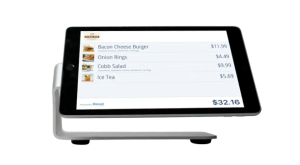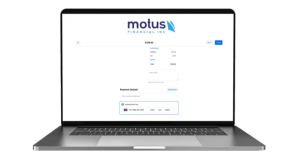When a #merchant accepts a credit or debit card payment, the payment processor handles the transaction on behalf of the merchant. The payment processor collects the funds from the cardholder’s issuing bank and then transfers them to the merchant’s account.
The #paymentprocessor deducts a fee for each transaction, which is typically a percentage of the transaction amount plus a fixed amount per transaction. The exact fees charged by payment processors vary depending on the processor and the merchant’s specific arrangement.
Typically, payment processors transfer funds to the merchant’s #bankaccount on a regular basis, such as daily or weekly, depending on the volume of transactions. The payment processor will provide the merchant with a statement of their transactions and fees, which allows the merchant to reconcile their accounts and track their #revenue.
Overall, payment processors play a critical role in enabling merchants to accept #creditcard and #debitcard payments and get paid for their products and services. By working with a reputable payment processor and managing their fees and transactions effectively, merchants can ensure they receive timely and accurate payments for their business.
Motus Financial, Inc. works hard to ensure our customers have a smooth journey from accepting payment through the deposit of funds into their account. Learn more: https://motuscc.com/




 Our POS systems are designed to streamline in-store transactions. With features like inventory management, sales reporting, and customer tracking, our POS solutions help you run your business more efficiently. Our terminals are compatible with various payment methods, including chip cards, contactless payments, and mobile wallets.
Our POS systems are designed to streamline in-store transactions. With features like inventory management, sales reporting, and customer tracking, our POS solutions help you run your business more efficiently. Our terminals are compatible with various payment methods, including chip cards, contactless payments, and mobile wallets.




